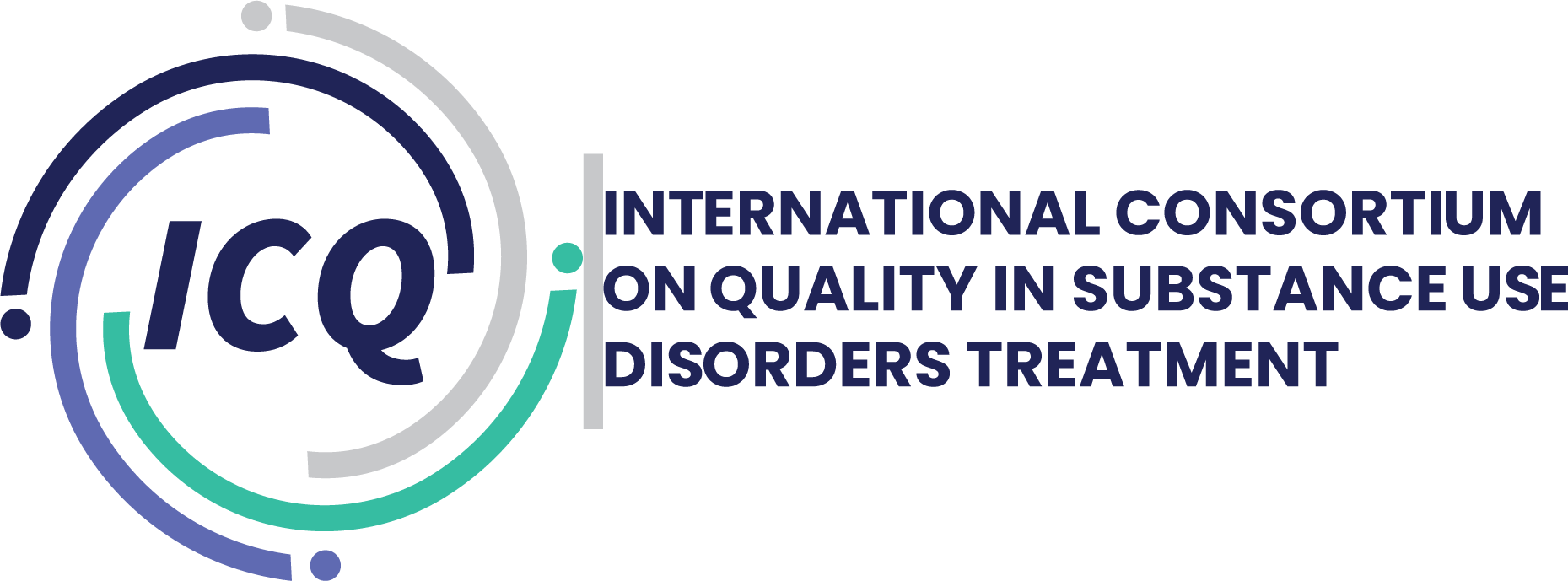Community-based treatment, care, and supervision for people with substance use problems who are involved with the justice system.
Reduce Drug Related Crime
Drug court utilization of medications for opioid use disorder in high opioid mortality communities
ABSTRACT Introduction A 2012 national survey found low utilization of medication for opioid use disorder (MOUD) in US drug courts. This study provides an update on MOUD policies and practices among drug courts in communities that the opioid...
A Qualitative Interpretive Meta-Synthesis (QIMS) of women’s experiences in drug court: Promoting recovery in the criminal justice system
ABSTRACT Drug courts have been part of the criminal justice system for over 30 years. A plethora of quantitative quasi-experimental, experimental, and meta-analytic studies have demonstrated their effectiveness at promoting recovery from...
Reporting of substance use treatment quality in United States adult drug courts
ABSTRACT Background Adult drug courts are growing in popularity within the Unites States, but the quality of substance use treatment within drug court programs and the impact of drug courts on health and substance use treatment outcomes is...
The effect of drug treatment court on recidivism: a comparison with traditional court intervention
ABSTRACT Drug treatment courts have transformed the way in which courts process drug-related cases and respond to drug-involved offenders. Established as a diversion program, drug courts help to reduce recidivism among substance-involved...
A systematic review and meta-analysis of the effects of judicial supervision on recidivism and well-being factors of criminal offenders
ABSTRACT This systematic review and meta-analysis investigated whether problem-solving court interventions that employed judicial supervision were more effective in reducing recidivism and improving well-being outcomes for offenders...
Assessing the Effectiveness of Mental Health Courts in Reducing Recidivism: A Systematic Review with Meta-analysis
ABSTRACT Mental Health Courts (MHCs) are a type of treatment court created to divert offenders with mental illness away from incarceration and into community-based treatment. While research on the impact of MHCs on recidivism has produced...
Assessing the Effect of Mental Health Courts on Adult and Juvenile Recidivism: A Meta-Analysis
ABSTRACT Mental health courts (MHCs) are increasingly used across the United States as a means of reducing contact with the criminal justice system for individuals experiencing serious mental health conditions. MHCs rely on diversion from...
Recidivism following mental health court exit: Between and within-group comparisons.
ABSTRACT Over the past decade, Mental Health Courts (MHCs) have spread rapidly across the U.S. These courts aim to reduce recidivism among adults with mental illnesses through diversion into community-based treatment. Extant research...
Diversion Programs for Individuals Who Use Substances: A Review of the Literature
ABSTRACT Diversion programs connect individuals to treatment instead of criminal sanctions and are used more frequently to address substance use. This systematic scoping review included 31 published empirical studies to examine evaluations...
Lifetime Benefits and Costs of Diverting Substance-Abusing Offenders From State Prison
ABSTRACT Prisons hold a disproportionate number of society’s drug abusers. Approximately 50% of state prisoners meet the criteria for a diagnosis of drug abuse or dependence; however, only 10% of prisoners receive drug treatment. Diverting...
